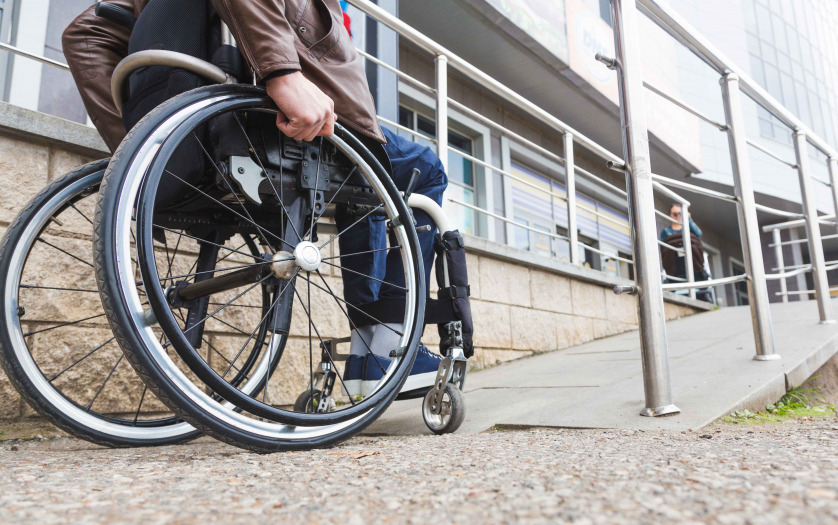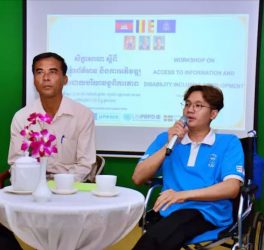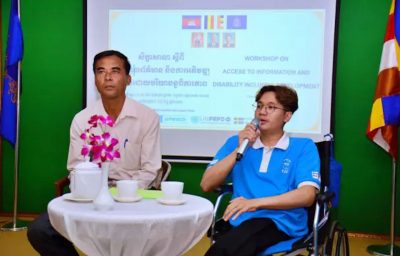
The United States Department of Justice and the U.S. Attorney’s Office for the Southern District of Ohio announced Tuesday that the owners, developers and builders of 82 multi-family housing complexes have agreed to make extensive modifications to their properties and pay $475,000 to resolve claims that they violated the Fair Housing Act and the Americans with Disabilities Act by designing and constructing apartment complexes that are inaccessible to persons with disabilities.
This agreement resolves one of the largest housing accessibility lawsuits that the Justice Department has filed. The housing complexes at issue are located in Illinois, Indiana, Iowa, Kansas, Kentucky, Missouri, North Carolina, Ohio, Oklahoma, Pennsylvania, Tennessee, Texas and West Virginia, and contain more than 3,000 units that are required to have accessible features.
The settlement, which must still be approved by the U.S. District Court for the Southern District of Ohio, resolves the government’s lawsuit, filed in May 2019, against Ohio-based Miller-Valentine Operations Inc. and its affiliated companies. Under the terms of the settlement, the defendants must take extensive corrective actions to make the complexes accessible to persons with disabilities. These include replacing excessively sloped portions of sidewalks, installing properly sloped curb ramps and walkways to allow persons with disabilities to access units from sidewalks and parking areas, providing sufficient room for wheelchair users in bathrooms and kitchens, and removing accessibility barriers in public and common use areas at the complexes. The defendants will pay $400,000 to establish a settlement fund to compensate individuals with disabilities who were harmed by the accessibility violations and $75,000 in civil penalties to the government to vindicate the public interest.
The settlement also requires the defendants to receive training about the Fair Housing Act and the Americans with Disabilities Act, to take steps to ensure that their future multifamily housing construction complies with these laws, and to provide periodic reports to the Justice Department.
“For nearly three decades, federal law has mandated that new multifamily housing be accessible to people with disabilities,” said Assistant Attorney General Eric Dreiband of the Civil Rights Division. “And yet, after all these years, some in the housing industry continue to ignore their legal obligations by building inaccessible properties that deny individuals with disabilities the opportunity to live in and enjoy housing on equal terms with non-disabled tenants. There simply is no excuse for these violations of longstanding federal law. This lawsuit and its resolution should send an unmistakable message that this Department will work tirelessly to pursue those who deny individuals with disabilities their federally protected right to accessible housing.”
“Today’s settlement, if approved by the court, will achieve two major goals,” said David M. DeVillers, U.S. Attorney for the Southern District of Ohio. “It will correct actions taken in the past that limited access to housing for people with disabilities and at the same time put steps in place to prevent this from happening in the future.”








